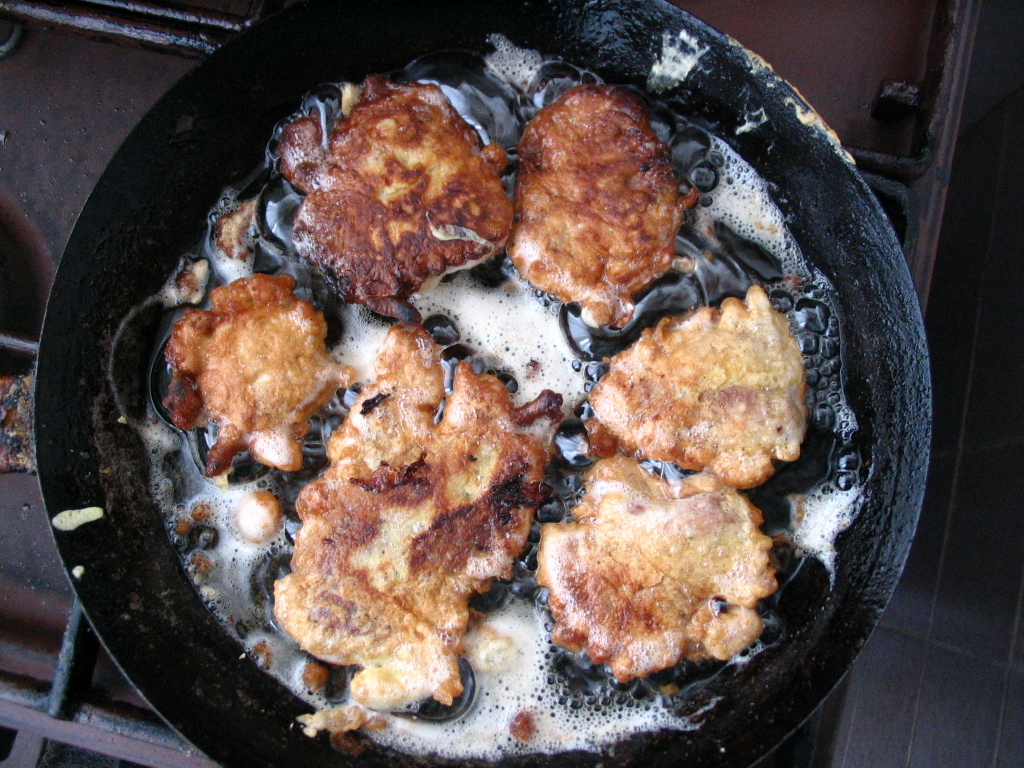School District Tests Biofuel for Bus Fleet
- Jun 5, 2012
 Grease trap waste helps biofuel makers meet growing demand for feedstock
Grease trap waste helps biofuel makers meet growing demand for feedstockFree shipping on online orders over $500 (contiguous US only).
 Grease trap waste helps biofuel makers meet growing demand for feedstock
Grease trap waste helps biofuel makers meet growing demand for feedstock
Education never ends.
 Restaurants, caterers, cafeterias and other entities involved in preparing and cooking large quantities of food are — well, should be — knowledgeable in regard to the proper ways of discarding waste, specifically grease that could clog drains and pipes and ultimately harm sewer systems.
Restaurants, caterers, cafeterias and other entities involved in preparing and cooking large quantities of food are — well, should be — knowledgeable in regard to the proper ways of discarding waste, specifically grease that could clog drains and pipes and ultimately harm sewer systems. Our great grandparents recycled meat drippings into soap. Today their great grandchildren recycle meat drippings and waste cooking oil into biodiesel, cosmetics, animal food additives and hundreds of other useful products. Included in the recycling equation are new systems for capturing and recycling kitchen drain water fats and oils.
In the 1980s, the grease removed from restaurant grease traps, including automatic grease removal systems like Big Dipper® , sometimes was disposed into dumpster trash. At the time, many food service locations did not access to grease recycling services and dumped waste fryer grease, meat drippings and interior grease traps into their garbage waste.
Thermaco accidentally stumbled into an answer for grease trap thermal inversion. and, at the time, did not know it. In mid-2003 we were working on developing high capacity/small footprint grease separators capable of meeting the ASME A112.14.3 Standard. This is the separation efficiency and retention capacity certification standard for passive (non-automatic) grease separators.
 © 2020 Thermaco Inc. All Rights Reserved / Privacy Policy
© 2020 Thermaco Inc. All Rights Reserved / Privacy Policy